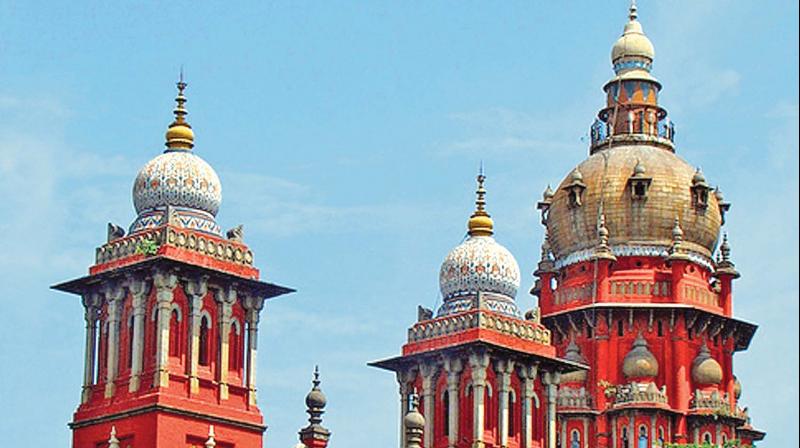32-year-old Indian origin gets reprieve for citizenship
A decision is directed to be taken by the competent authority within three months, the judge added.

Chennai: A 32-year-old man, who was born in Singapore in 1986 to his parents, of whom, father being an Indian citizen and mother being Singapore citizen and migrated to India along with his parents when he was three months old and has been fighting for his right to get Indian citizenship since then, has got reprieve with the Madras high court directing the Union ministry of home affairs to regularize his stay in India by granting necessary resident permit.
Allowing a petition from Philip Mammen Koshy, Justice V.Parthiban also directed the Union ministry of home affairs to consider for grant of Indian citizenship to the petitioner in terms of the provisions of the Citizenship Act, 1955, as a special case if necessary by relaxing any procedural requirements for such consideration. A decision is directed to be taken by the competent authority within three months, the judge added.
The judge said the petitioner, who is living in this country for as many as 32 years as of now, cannot be made to suffer statelessness despite he being an Indian descent and his father being Indian national and citizen of this country. Unfortunately, it appears that the claim of the petitioner has been caught up in procedural wrangles and rigmarole resulting in abject negation of right of the petitioner to be a citizen of this country, the judge added.
The judge said if a person who is admittedly an Indian descent and whose Singapore passport has already been revoked long ago in 1997/1998 itself, cannot be reduced to the level of refugee in his own country and cannot remain a stateless person having no right whatsoever at all for his life time. Despite his stay in India for over three decades, the petitioner's status has not been defined or regularized and if his stay is not regularized in India, where can he go without any passport. The petitioner, who has stayed in this country for over 30 years now, due to intervention of this court for some time, cannot suffer ignominy of being stateless and denied Indian citizenship due to procedural insistence, the judge added.
The judge said when an extraordinary claim of this nature arises for consideration, the administration must rise up to address such claim with extraordinary answer and solution. The administration cannot be allowed to take refuge behind procedural formality and deny a person of all rights and reduce him to an existence without any life in it. In such situation, the administration has to take a extraordinary, appropriate and timely call and consider the claim of the petitioner by purposely overlooking avoidable procedural requirements in order to accommodate legitimate interest of the petitioner. The act of being fair, reasonable and equitable must reflect in the call of administration over coming procedural hurdles towards redressing justifiable grievance of the petitioner. “In this case, it is constitutional duty of the competent authority to consider the claim of the petitioner for regularization of his stay in India for all these years and also for grant of Indian citizenship to him if necessary by relaxingthe procedural requirements. This court is of the view that fair play, good conscience and justice demand that the petitioner's claim is to be considered favourably de hors any procedural challenge that may be put against the petitioner as a special and extraordinary case”, the judge added.

